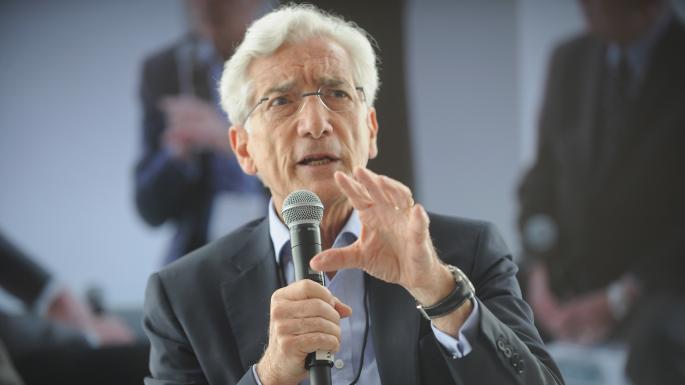The organisation
Ethos is a Mexican think tank dedicated to transforming research and experience into clear and concrete public policy recommendations to address the main development challenges facing Mexico and Latin America. Their multidisciplinary and international team consists of political scientists, economists, designers, communications professionals, lawyers, and international relations experts with a wide range of experience in politics, academia, and the public sector. Each member of the team is dedicated to creating innovative and comprehensive research and proposals.
The investment
Interest in impact bonds has increased over the past few years. The impact bond, a financial mechanism that harnesses private capital for social services and encourages the successful achievement of outcomes by making repayment contingent upon success, has been proposed as one way to address some of today’s most pressing social and economic challenges.
As of June 2017, 81 Impact Bonds had been implemented in Europe, the Americas, Asia, and Oceania. The Impact Bonds implemented to date have addressed different issues, including education, early childhood development, recidivism rates, and health, among others. The first impact bond was implemented in the United Kingdom in 2010 in an attempt to reduce recidivism. Since then, two Impact Bonds have been implemented in Latin America, with the most recent implemented in Colombia to provide skills training and employment support to vulnerable, unemployed individuals.
The impact
Impact Bonds are unique tools for delivering social services, encouraging collaboration between the public and private sectors, incentivizing the development of monitoring and evaluation mechanisms, and focusing on results and the efficiency and effectiveness of social services.
The Impact Bond structure may result in a variety of benefits to all parties involved. For the government, they lower the financial risk of testing social interventions with minimal evidence behind them. Additionally, they represent cost-saving opportunities by shifting the public sector towards a focus on prevention programs and linking the spending of public resources to interventions that achieve measurable results. For investors, impact bonds offer the opportunity to achieve not only financial returns but also significant social impact. For service providers, Impact Bonds offer increased flexibility in how their programs are implemented. Additionally, with the support of other stakeholders, service providers can improve their performance management systems and establish rigorous evidence of the success of their program. Lastly, Impact Bonds benefit the general population by ensuring that public spending is more transparent and by ensuring that governments operate more effectively on all levels.
Read the full case study





